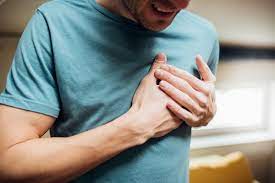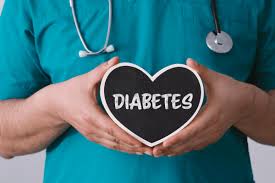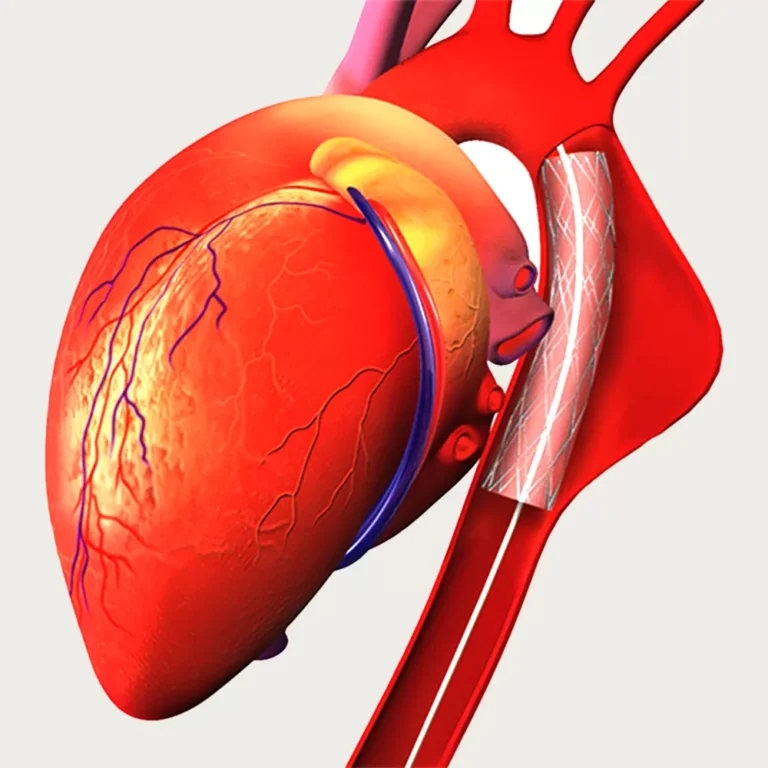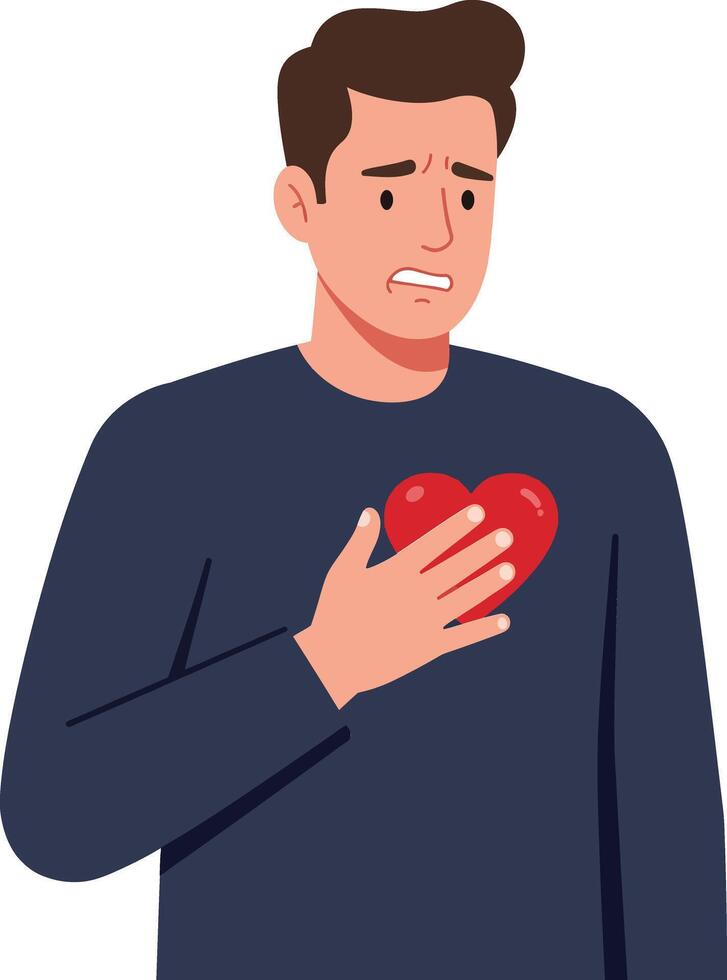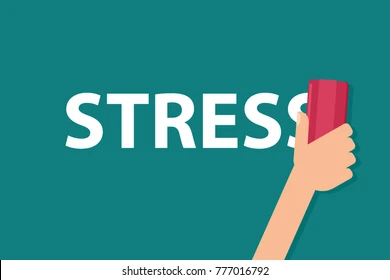What To Expect During an Endoscopy
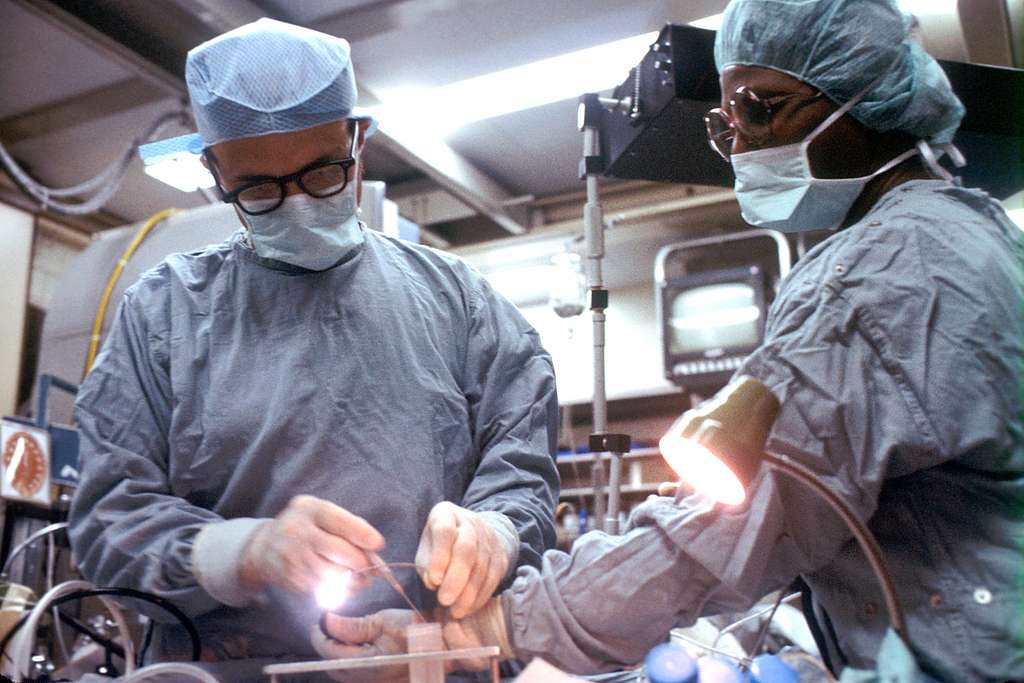
An endoscopy is a diagnostic procedure performed by a gastroenterologist, also known as a digestive health specialist, to assess the health of your digestive tract. This procedure uses a flexible tube called an endoscope, equipped with a tiny camera, to examine your esophagus, stomach, intestines, or other parts of the digestive system. It helps identify conditions such as ulcers or inflammation in the digestive tract. Knowing what to expect during an endoscopy can help you prepare and feel more at ease about the process.
Preparation for an Endoscopy
Preparation is a fundamental step before undergoing an endoscopy. Your gastroenterologist will provide you with specific instructions. You may need to fast for several hours prior to the procedure. This means avoiding food and drinks to allow for a clear view of your digestive system. Also, certain medications may need to be paused or adjusted, as they can interfere with the procedure. Communicate any medical conditions or concerns with your digestive health specialist to make sure the preparation plan suits your needs. Comfortable clothing is often recommended on the day of the procedure, because you may feel drowsy after sedation. Also, you might need an adult to accompany you and drive you home afterward.
During the Procedure
Your gastroenterologist will begin the process by administering sedation. This step is key to helping you stay relaxed and minimizing discomfort during the procedure. Once the sedation takes effect, the endoscope is gently inserted through your mouth or, for lower digestive tract examinations, through the anus.
The endoscope allows your gastroenterologist to view high-resolution images of your digestive tract on a monitor. This visual inspection provides detailed insights into the condition of your digestive system. Small instruments can be passed through the scope to take tissue samples for biopsy or remove polyps if necessary. The procedure itself is generally painless due to the sedative provided. You may feel slight pressure or a sensation of fullness during the process.
After the Procedure
Once the examination is complete, the endoscope is carefully removed. You will then be monitored in a recovery area while the sedation wears off. This recovery phase aids your safety and provides time for the medical team to monitor for any immediate after-effects.
Following the procedure, you may feel drowsy or have a mild sore throat, but these effects are temporary. Your gastroenterologist will review the findings with you, including any tissue samples collected for further analysis. Should more steps or treatments be necessary, the digestive health specialist will outline this during the discussion. It is key to rest for the remainder of the day and avoid activities that require focus, such as driving. Light meals may be recommended after the procedure, depending on your comfort level.
Speak to a Gastroenterologist Today
An endoscopy is helpful in evaluating and managing your digestive health. Whether you are experiencing symptoms such as abdominal discomfort or are undergoing routine digestive testing, understanding the process can ease your concerns. Contact a gastroenterologist today to discuss your symptoms or schedule an examination.
- What to Expect When Visiting a Foot and Ankle Specialist
- Causes of PTSD
- The Link Between Plantar Fasciitis and Weight Gain: What You Need to Know
- How Pet Ownership Can Positively Impact Life with Fibromyalgia
- The Importance of Stretching and Flexibility in Sports Medicine
Dr. Emma Green is a health and wellness expert with over 10 years of experience in nutrition and fitness. Passionate about helping others live their healthiest lives, Dr. Green shares practical advice on wellness, nutrition, and sustainable living through LivingSpristine.

